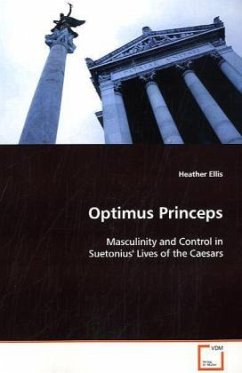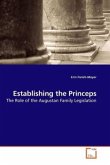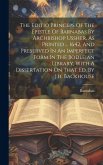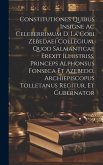This short study examines the question of masculinity
in Suetonius' most famous work, the Lives of the
Caesars. As the most complete collection of imperial
biographies in existence it offers an unparalleled
depiction and dissection of Roman imperial power,
from Julius Caesar to Domitian. This study argues
that there was an intimate relationship in the High
Roman Empire between notions of masculine and
imperial power which has not as yet received the
scholarly attention it deserves. An analysis of this
relationship has the potential to provide a more
nuanced picture of how the figure of the emperor was
seen by his subjects, in particular, the extent to
which the ideal emperor was also seen as the ideal
man. Through a detailed study of the biographies, set
in their historical context, it is argued here that
Suetonius employed contemporary ideals of
masculinity when assessing the careers of the
respective emperors. It is hoped that this study will
also go some way towards filling a gap in current
Suetonian studies, particularly the need to
understand more about Suetonius' assumptions about
correct imperial behaviour and the standards by which
he judged his emperors.
in Suetonius' most famous work, the Lives of the
Caesars. As the most complete collection of imperial
biographies in existence it offers an unparalleled
depiction and dissection of Roman imperial power,
from Julius Caesar to Domitian. This study argues
that there was an intimate relationship in the High
Roman Empire between notions of masculine and
imperial power which has not as yet received the
scholarly attention it deserves. An analysis of this
relationship has the potential to provide a more
nuanced picture of how the figure of the emperor was
seen by his subjects, in particular, the extent to
which the ideal emperor was also seen as the ideal
man. Through a detailed study of the biographies, set
in their historical context, it is argued here that
Suetonius employed contemporary ideals of
masculinity when assessing the careers of the
respective emperors. It is hoped that this study will
also go some way towards filling a gap in current
Suetonian studies, particularly the need to
understand more about Suetonius' assumptions about
correct imperial behaviour and the standards by which
he judged his emperors.








